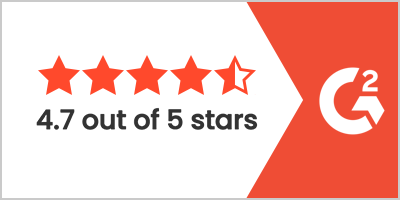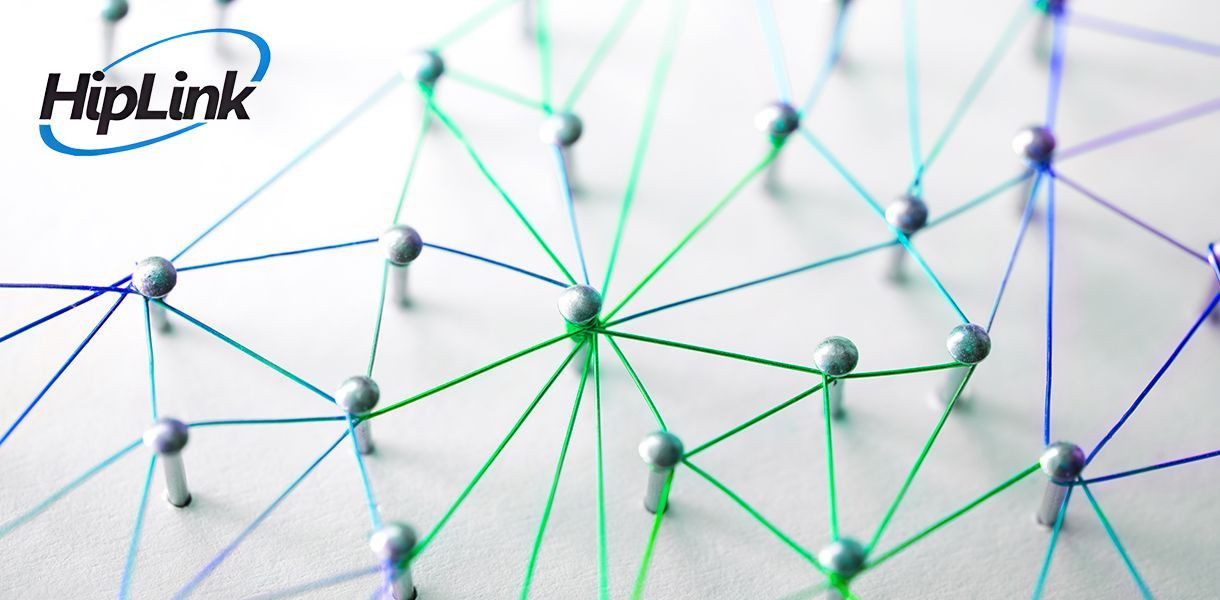Now more than ever, citizens are getting invested in politics, monitoring communications, and trying to find ways to hold government entities accountable for what happens behind closed doors.
The push for transparency in government is nothing new, but the landscape has changed over the past few decades commensurate with the rise of new communication technologies.
These days, organizations of all kinds leverage numerous communication applications to get work done, and coordinating all these processes and devices can be time-consuming.
In response, organizations—including government entities—are turning to simpler, connected communication solutions to meet their goals. This is a great step in the right direction, as these types of solutions can do wonders for supporting both critical accountability to citizens as well as internal efficiency.
The Expectations for Government Accountability
As part of U.S. law, the government is required to maintain a certain level of transparency in its communications, ensuring that citizens have appropriate access to information about government activities.
This requirement includes a variety of measures, which may include:
-
Holding public and open meetings (also known as “sunshine laws”)
-
Providing access to open records
-
Complying with Freedom of Information Act (FOIA) requests
-
Disclosing information about government officials’ activities
These measures were put in place to give citizens a way to hold government representatives accountable. The specific requirements of open meeting laws vary by jurisdiction, but generally, they require that government meetings be announced in advance, open to the public and that minutes be kept and made available to the public.
In some cases, meetings may be closed to the public for specific reasons, such as discussing confidential information or personnel matters, but the reasons for the closed meeting must be clearly stated.
For any type of government organization, complying with these mandates means maintaining clear, accurate records that are available for auditing and other reviews. But for the entities themselves, these audits can be burdensome—particularly when communications are dispersed among different platforms and communication channels.
Aside from making transparency a challenge, these types of disjointed systems prevent governments from the type of efficient communication they need to get work done while minimizing red tape.
How Unified Communication Supports Full Transparency
As a provider of unified messaging solutions, HipLink is no stranger to how the right communication platform can become a critical single source of truth for an organization. Particularly for government organizations where accuracy and transparency of records are a must, solutions like HipLink support efficiency in several ways:
-
Facilitating the flow of information: Connected communication platforms allow organizations to easily share information and communicate with each other about government policies, decisions, and actions. This can help to uncover hidden or overlooked information, highlight issues that may not have received sufficient attention, and provide a more complete picture of what is happening in government.
-
Providing a platform for public feedback: Many connected communication platforms allow citizens to provide feedback and comments on government policies and decisions. This can provide valuable input to government officials, help to identify areas where improvements can be made, and promote greater transparency and responsiveness in decision-making.
-
Increasing transparency: Naturally, unified platforms simplify the dissemination of government data and information to the public, making it easier for citizens to understand how decisions are made and how public resources are being used. This, in turn, promotes greater transparency and accountability in government operations.
-
Encouraging citizen participation: By providing a platform for citizens to voice their opinions and engage in discussions about government policies and decisions, unified communication platforms encourage greater citizen participation in the democratic process. This can help to promote greater accountability by ensuring that government officials are aware of and responsive to the concerns and opinions of the citizens they serve.
Get Help Deploying a Unified Solution Across Your Enterprise
Communication solutions like HipLink play a powerful role in promoting government accountability by empowering citizens with greater access to information, tools for providing feedback and engaging in discussions, and opportunities to participate in the democratic process.
Since 1995, HipLink has been successfully integrated into organizations of all sizes, ranging from small businesses to large Fortune 1000 enterprises, as well as local government agencies. Its modular design provides a wide range of flexible options and seamlessly integrates with your existing network to provide a clear, accurate, and transparent record of all communications.
If you’re ready to explore the efficiency boosts that come from a singular system for message delivery, contact our team to learn more or access a free trial.



